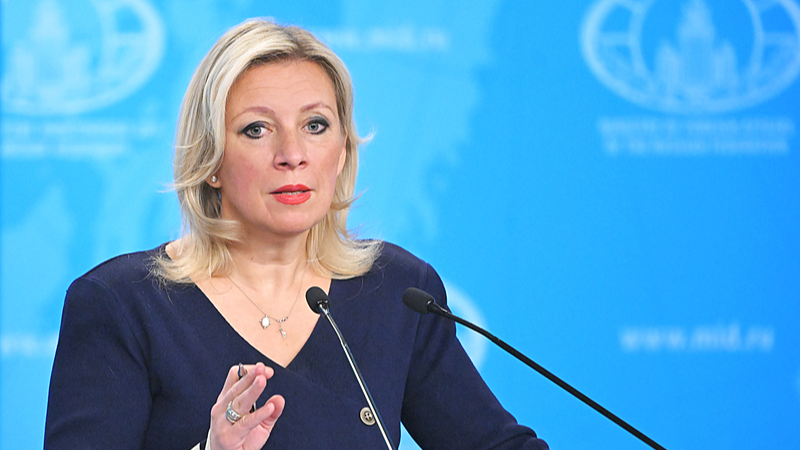Japan's political landscape just hit a new milestone: after 26 years, Komeito announced it will end its coalition with the Liberal Democratic Party (LDP). This long-standing alliance has shaped policies from tax reform to security strategy. But what prompted this split, and how will it reshape Tokyo's power balance?
Why Komeito Broke Away
On Friday, Komeito chief Tetsuo Saito met with LDP head Sanae Takaichi for 90 minutes. After the talks, Saito declared that his party was fed up with the LDP's "insufficient" response to a political funds scandal. Komeito had pushed hard for stricter limits on corporate donations to curb big-money influence. The LDP, which receives the lion's share of corporate funds, balked at tighter rules for individual lawmakers. "Political donations is the most important matter," Saito said, calling the LDP's stance "truly insufficient" and "extremely regrettable."
Impact on Takaichi's PM Bid
Takaichi, the LDP's first female president, seemed poised to be Japan's next prime minister. Yet without Komeito's 24 seats in the 465-member House of Representatives (and 21 of 248 in the upper house), the LDP's path to the 233 and 125 majorities in each chamber is narrower. If no candidate wins outright, the Diet holds a runoff between top contenders, with the lower house's choice prevailing. While the LDP still leads with 196 lower house seats, it may need support from the Democratic Party for the People or other groups to secure Takaichi's nomination.
Domestic and Diplomatic Ripples
With no clear coalition partner, an LDP-only cabinet could struggle to pass key reforms, from social welfare to economic stimulus. The delay in naming a new prime minister – likely pushing the extraordinary Diet session past October 20 – risks a "political vacuum," as outgoing PM Shigeru Ishiba remains in office until the vote. On the foreign stage, Tokyo's diplomatic calendar is packed: a U.S. presidential visit and the upcoming APEC Economic Leaders' Meeting in South Korea demand a stable hand in charge. Any postponement compresses planning time for these high-stakes visits, potentially undercutting Japan's international clout.
As Japan watches this coalition drama unfold, the next steps will define not only who leads the country, but how effectively Tokyo tackles both domestic challenges and global partnerships.
Reference(s):
Explainer: What's next for Japan after ruling coalition splits?
cgtn.com




